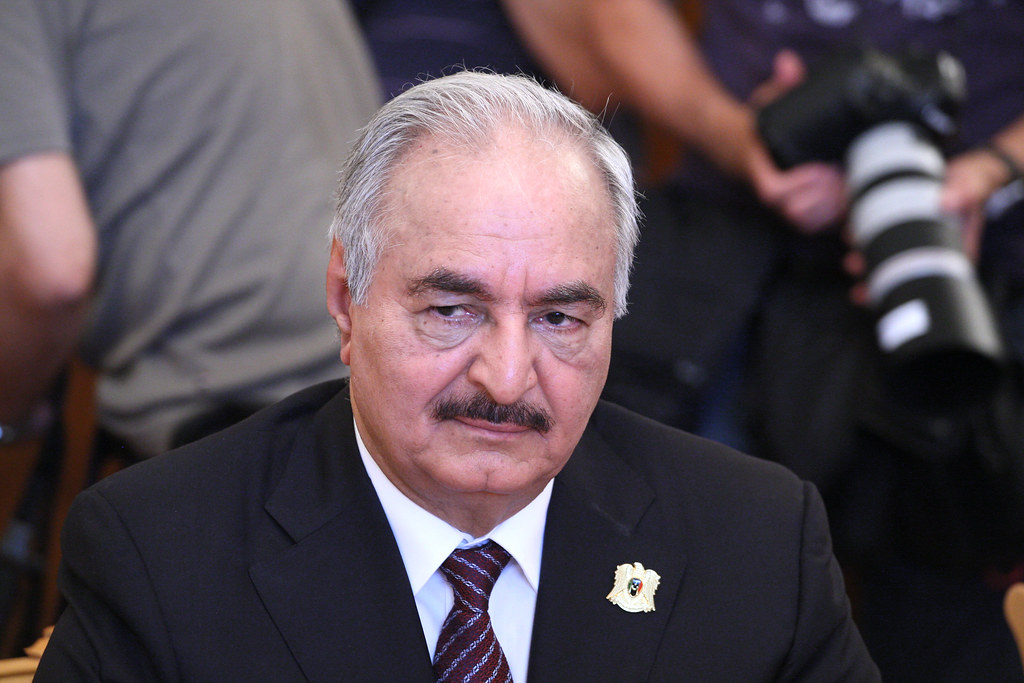Libya's Political Instability Makes Room for ISIS to Regroup
by Ahmed Charai • December 27, 2019 at 7:30 am
Turkey, which signed a military and economic accord with the Libyan government in November, could deprive Greece and the Greek Cypriots of large swaths of their oil and gas exploration areas and force Egypt and Israel to negotiate with Turkey over the construction of natural gas pipelines to Europe.
The threat posed by extremists in Libya and Tunisia is not one that Europeans can ignore, as evidenced by the attack on British tourists in Sousse and the more recent attack by Tunisian Anis Amri in Berlin.

Turkish President Recep Tayyip Erdogan opened the way on December 26 for direct military intervention in Libya: he announced a parliamentary vote in early January on sending troops to support the UN-backed Tripoli government against General Khalifa Haftar. Instructors, equipment and Turkish special forces are already operating in Libya alongside pro-government militias. Erdogan said that Turkey would also be willing to send aerial and naval assistance if circumstances require it.
Sending Turkish troops will complicate the situation in an already fragile country, torn by internal dissent since the ouster and killing of the dictator Muammar Gaddafi in 2011.

